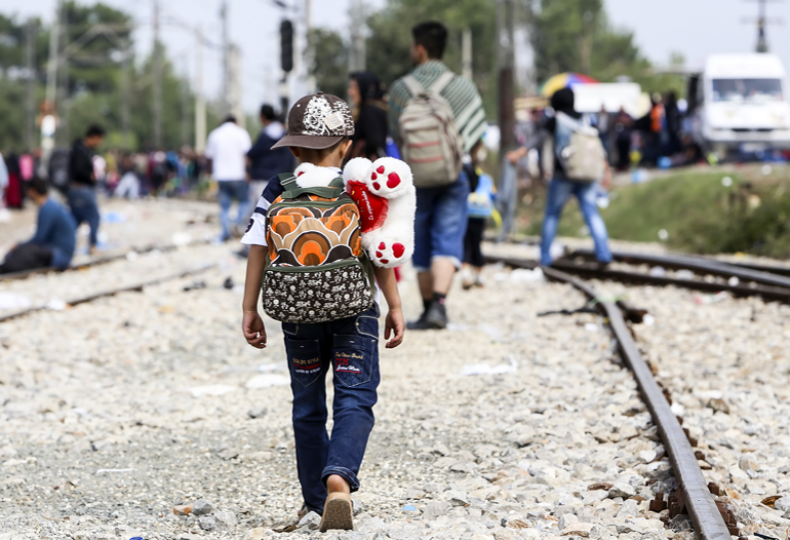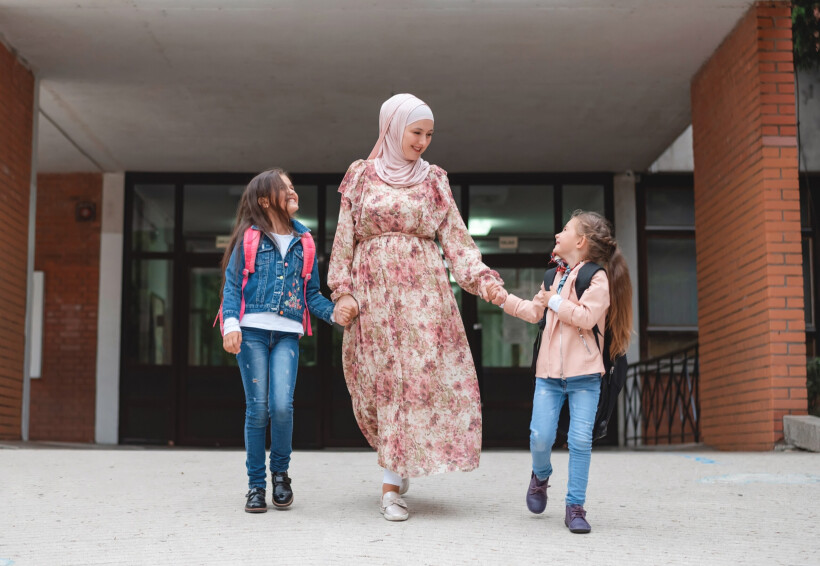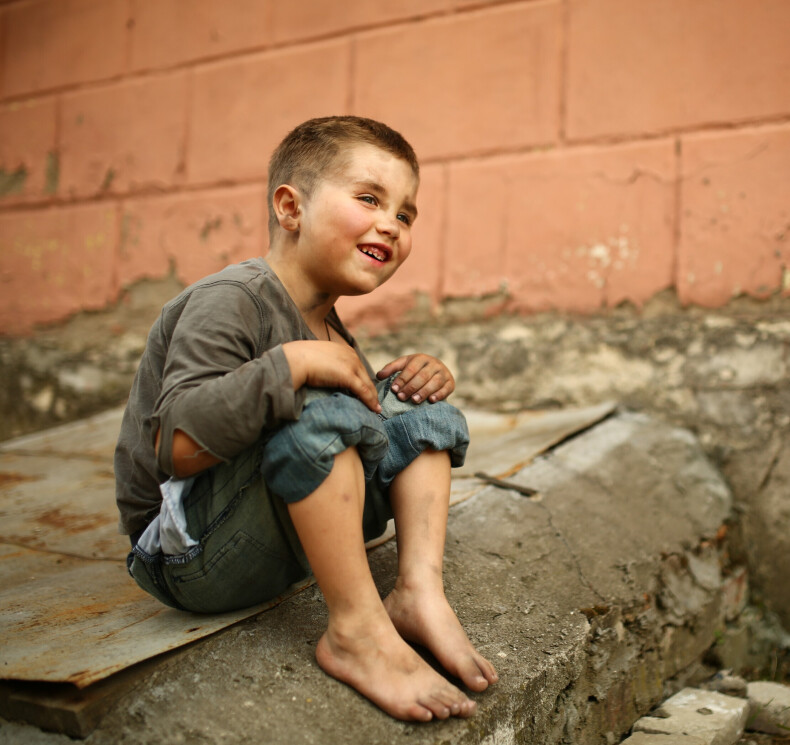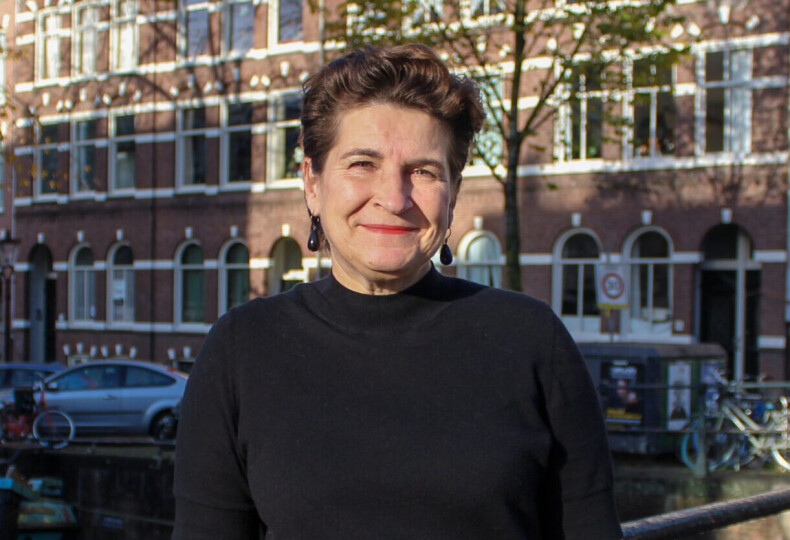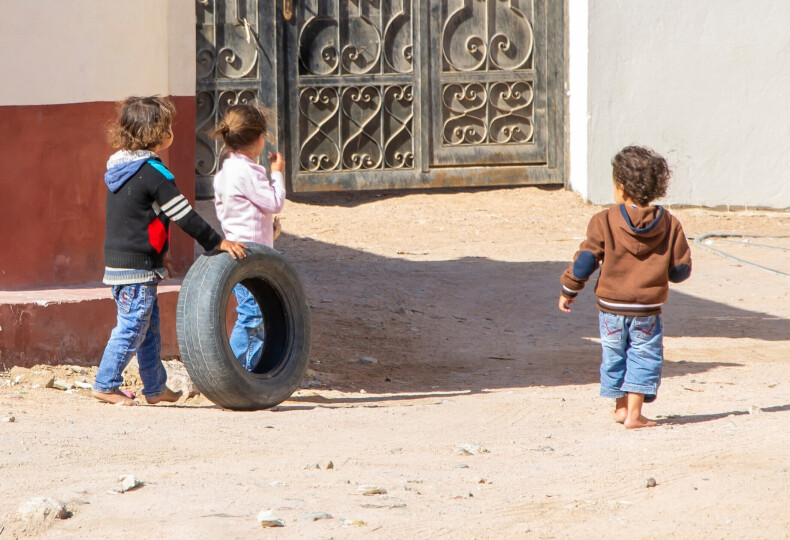Een interculturele aanpak zorgt voor resultaat
Nidos is al meer dan veertig jaar de enige voogdij- en opvangorganisatie voor alleenstaande minderjarige vreemdelingen (amv’s). Dit zijn kinderen en jongeren die zonder ouders hun thuisland zijn ontvlucht. Bijvoorbeeld door oorlog of armoede. Zodra ze in Nederland zijn, nemen we het tijdelijke voogdijschap op ons en regelen we opvang. Daarna blijven we bij ‘onze’ jongeren betrokken: we helpen ze bij hun ontwikkeling naar zelfstandigheid, begeleiden ze bij het omarmen van het alledaagse leven in Nederland of werken samen toe naar een veilige terugkeer.
